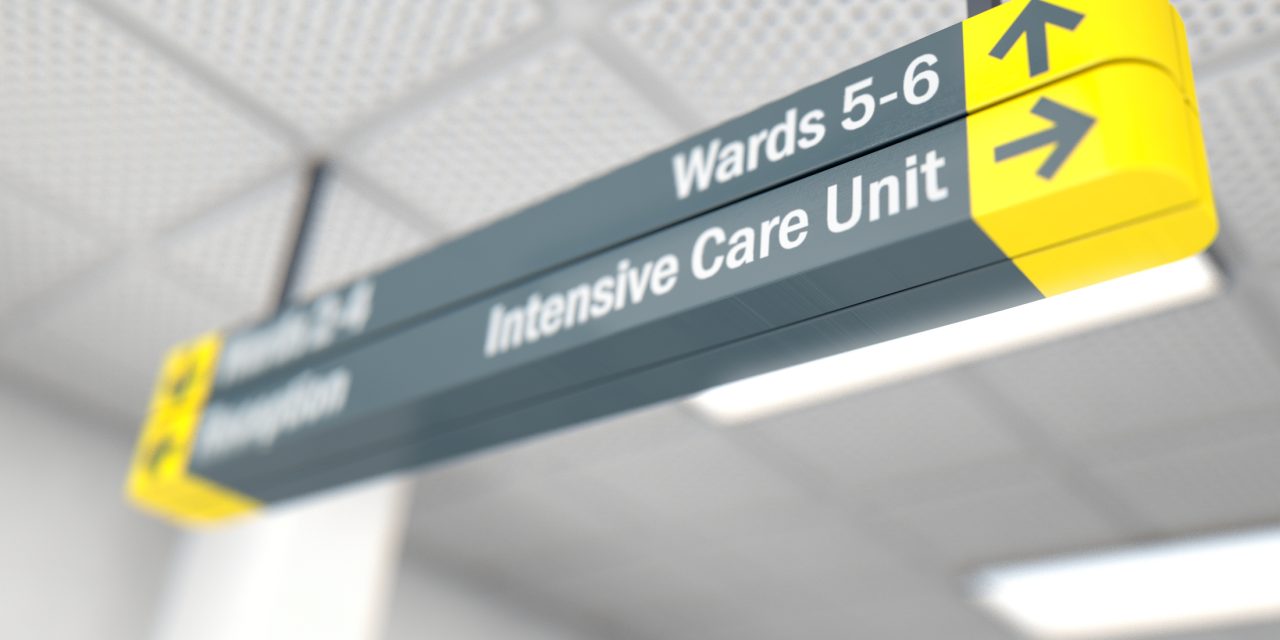Elective orthopaedic surgery during the Covid-19 pandemic requires careful case prioritisation. We aimed to produce consensus-based guidelines on the prioritisation of revision total knee arthroplasty (TKA) procedures.
Twenty-three revision TKA scenarios were assigned priority (NHS England/Royal College of Surgeons scale) by the British Association for Surgery of the Knee (BASK) Revision Knee Working Group (n = 24). Consensus agreement was defined as ≥70% respondents (18/24) giving the same prioritisation. Two voting rounds were undertaken; procedures achieving <70% agreement were given their most commonly assigned priority.
18/23 procedures achieved ≥70% agreement. Three were P1a (surgery within <24 h); DAIR for sepsis, peri-prosthetic fracture (PPF) fixation and PPF-revision TKA. Three were P1b (<72 h); debridement, antibiotics and implant retention (DAIR) for a stable patient, flap coverage for an open knee, and acute extensor mechanism rupture. Eight were P2 (<4 weeks), including aseptic loosening at risk of collapse, inter-stage patients with poor functioning spacers. Five were P3 (3 months) e.g. aseptic loosening.
Sepsis and PPF surgery are the most urgent procedures. Although most procedures should be undertaken within one to three months (P2/3), these cases represent a small revision practice volume; P4 cases (e.g. aseptic loosening without risk of collapse) make up most surgeons’ caseload. These recommendations are a guideline; patient co-morbidities, Covid-19 pathways, availability of support services and multi-disciplinary team discussion within the regional revision network will dictate prioritisation.
Crown Copyright © 2020. Published by Elsevier B.V. All rights reserved.
Clinical prioritisation of revision knee surgical procedures: BASK working group consensus document.


